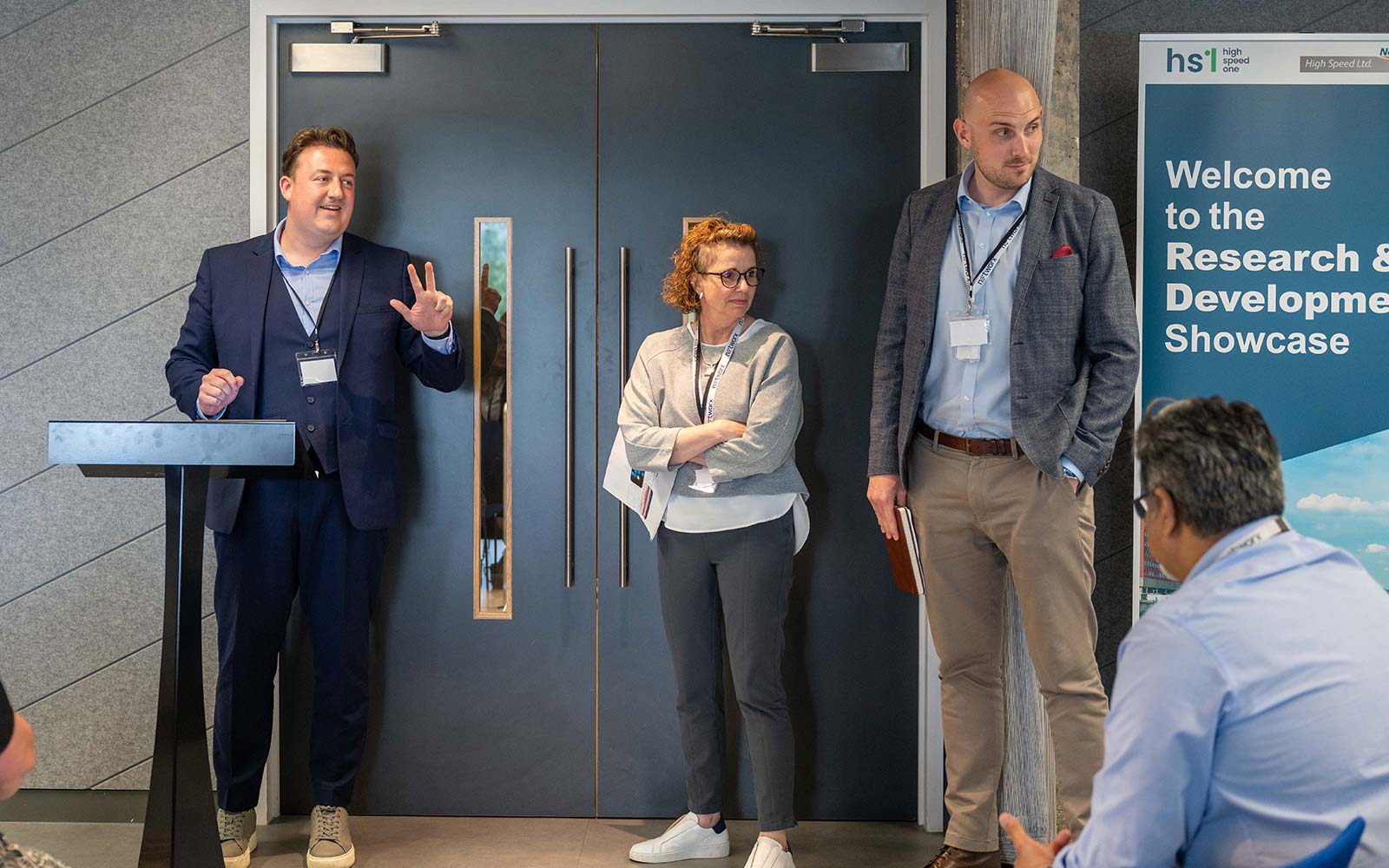Short-term re-entry strategy is here to stay predicts Aerogility
Aerogility, AI-based planning and predictive analytics software supplier for the aviation industry, is suggesting that the short-term maintenance strategies adopted by airlines this year will need to remain part of re-entry into service plans for the foreseeable future.
Localised lockdowns and restrictions have left many airlines in a state of flux with their carefully planned long-term maintenance schedules in need of constant review. Regularly changing levels of demand for aircraft availability have accelerated the need for an adaptable and agile response to maintenance and engineering planning.
Gary Vickers, CEO of Aerogility says, “Short-term strategies for aircraft maintenance are the new norm. As airlines re-introduce aircraft into service they are having to deal with rapidly evolving circumstances and last-minute changes. The impact of these must be forecasted quickly and the longer-term fleet maintenance plan regularly updated. Model-based artificial intelligence (AI) technology, which Aerogility uses, supports the planning speed and agility that the airline operators need right now.”
Aerogility uses ‘intelligent agents’ in its model-based AI software to play out the impact of future scenarios in simulations of the operation. These scenarios can predict and optimise the most efficient schedules for aircraft maintenance to achieve both the required level of aircraft availability and economical operational costs over several years.
Vickers continues, “Historically, our customers have used Aerogility to plan for the medium and long-term, from a few months into the future to a decade or longer. In 2020, the focus has switched to weekly or even daily planning as new information becomes available. Agent-based models are a powerful solution for rapidly changing planning requirements. Airlines can change planning assumptions easily and quickly, for example, bringing forward the park date of several aircraft and running a simulation to see the impact now and in their future plans.
The need to continually monitor, adapt and re-forecast operational plans has been exacerbated by the severe uncertainty caused by COVID-19 and we don’t see this changing anytime soon.”



